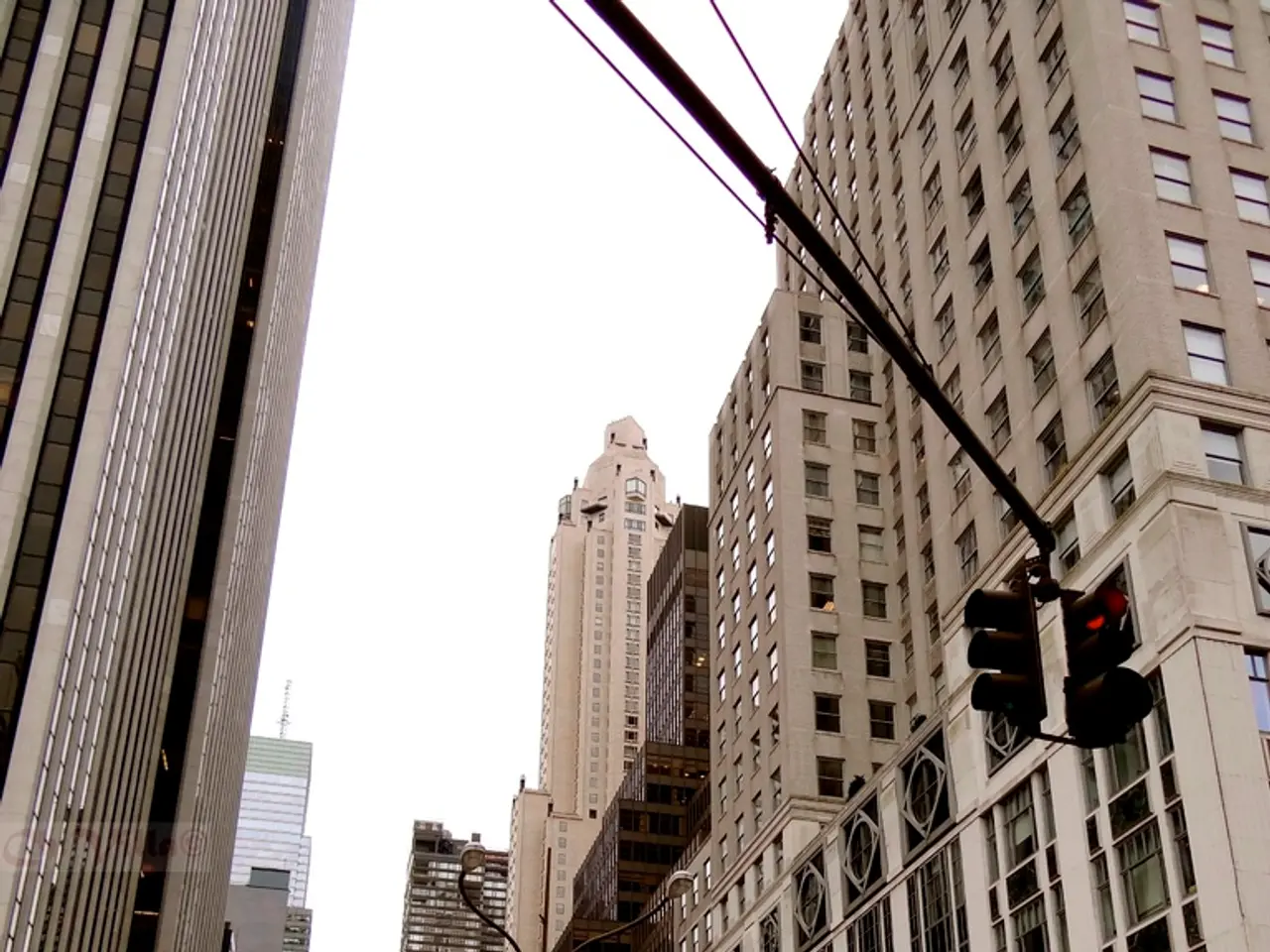Loud-blaring auto drivers in India are opting for even more ear-screeching horns
In the bustling city of Mumbai, India, the sound of honking horns is a constant symphony that fills the air. But this cacophony of noise is more than just a part of the city's character; it's a growing concern for public health and well-being.
According to the World Health Organization, noise should not exceed 55 decibels for prolonged periods. However, a 2019 study found that the average noise in Mumbai often exceeds 80 decibels, rivaling the busiest streets of Manhattan. This excessive noise is one of the biggest culprits for noise pollution in Mumbai, but construction projects also contribute significantly to the problem.
Gagan Choudhary, founder of the automobile news website Gaadify, attributes the preference for louder horns among Indian drivers to the country's culture of chatting and playing music loudly inside cars. However, this preference has led to issues such as hearing loss, as evidenced by the case of traffic constable Vikas Rahane's colleagues.
Vehicle manufacturers in India have responded to this demand by making their horns louder and punchier in recent years. Mercedes-Benz, for instance, has adapted their car horns for India to ensure enhanced durability due to the frequent usage in Indian traffic. Shops at CST Road in suburban Mumbai sell a variety of horns for vehicles, including flat, punchy, musical, dog-barking, and screaming ones.
A spike in demand for "pom pom" horns, a high-pressure air horn popular among SUVs and buses, has been observed in recent years. Pedestrians are more likely to move when these horns are used, but the belief that it's impossible to drive without honking contributes to the problem as when everyone honks, no one moves out of the way.
Under Indian laws, drivers can be penalized up to $25 for honking too much or without reason, but this is seldom enforced due to the chaotic nature of Mumbai roads. The noise crisis has even prompted suggestions such as replacing all vehicle horns with ones that play Indian classical instruments, a proposal made by the country's road and highways minister, Nitin Gadkari. However, environmentalist Abdulali believes this would be a disaster.
The environmental activist who fights against noise pollution is Sumaira Abdulali, the founder of the Awaaz Foundation. Her efforts to raise awareness about the issue and advocate for stricter regulations continue to make a difference in the fight against noise pollution in Mumbai.
In the end, the sound of Mumbai's honking horns is more than just a part of the city's character; it's a call to action for change. As the city continues to grow and evolve, finding solutions to address the noise crisis will be crucial for the health and well-being of its residents.








